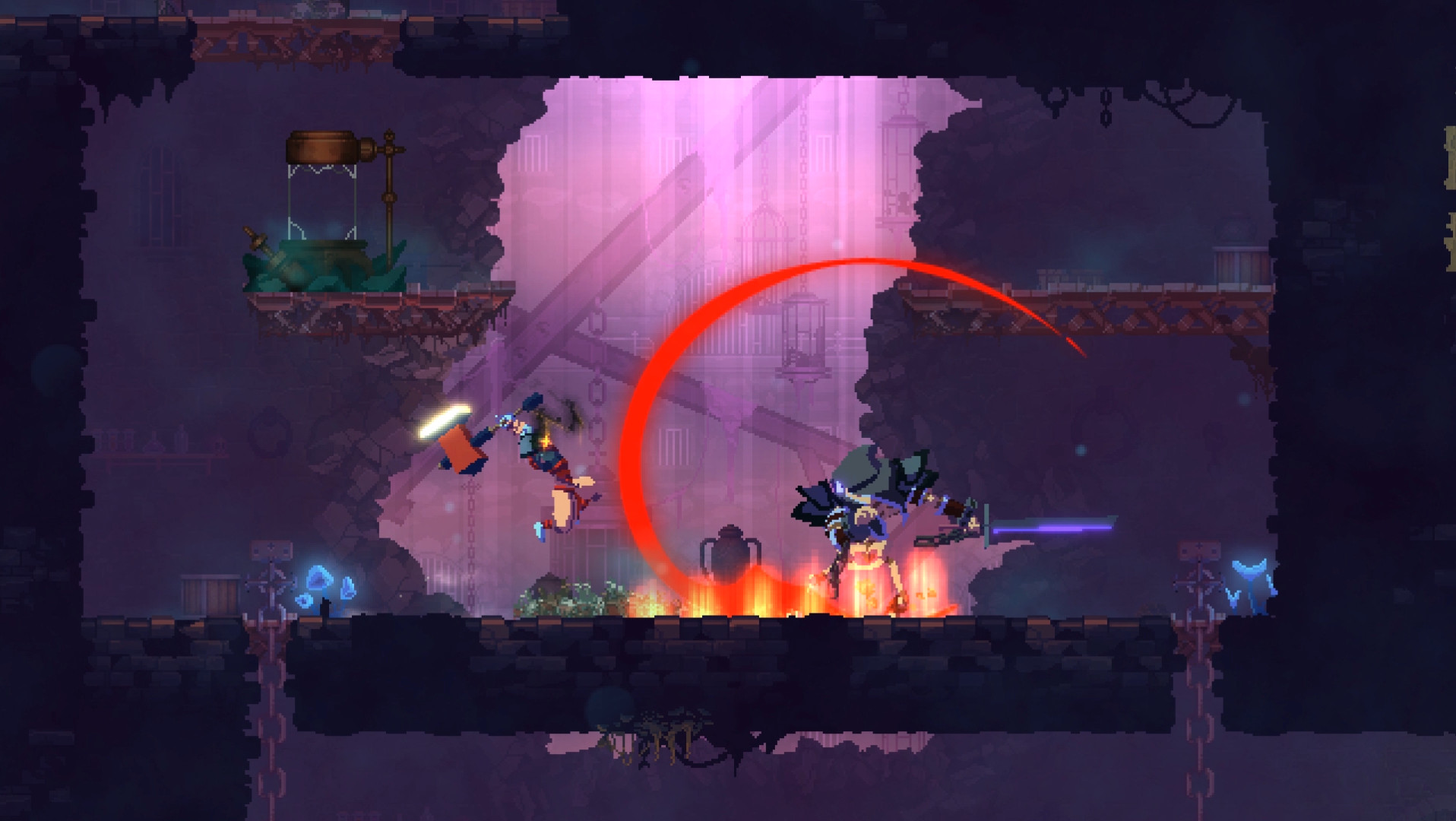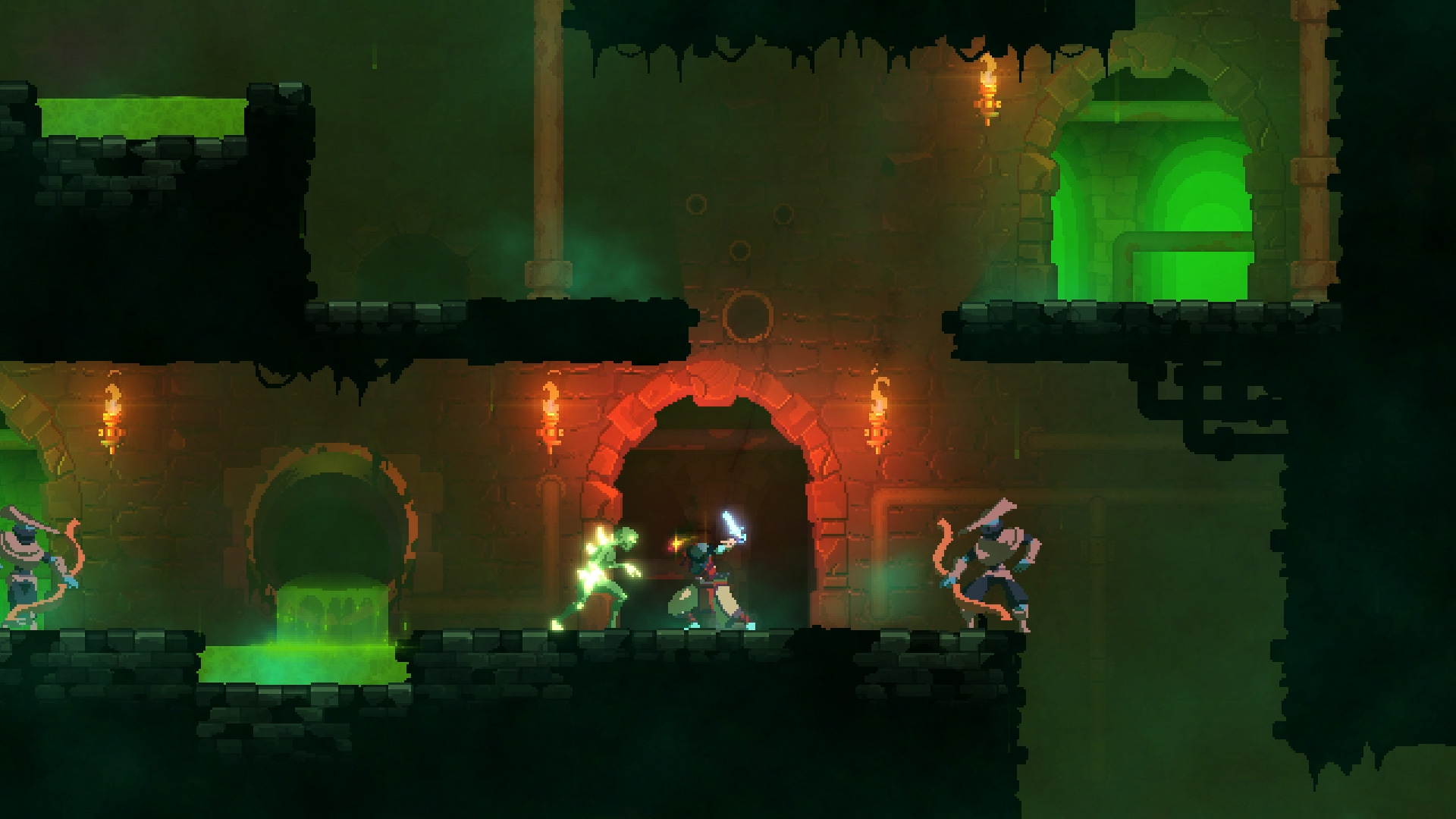A week later, the indie game Dead Cells will be released on Steam. During the period of early access, 750 thousand copies of it were sold. One of the reasons for the success of the game is the attention of developers to criticism from players and the involvement of the community in the development.
Dead Cells – roguelike-metroidvania with pixel graphics from Motion Twin company. The game takes place in a huge randomized castle, through which the game character travels, simultaneously killing a variety of enemies. The game was released in early access in May 2017, now it has 94% positive user reviews on Steam.

In an interview with Gamasutra, the lead designer of the project, Sebastien Bénard, says that the developers were afraid of a bad reception of the game at the start, so they did not make any loud promises in principle. They guaranteed players only those features that they were confident about implementing.
There was criticism anyway, and often constructive. The Motion Twin team entered into discussions on the game’s forum and listened to dissatisfied voices, even if they were a minority.
So, at first, the game had the mechanics of pumping a specific weapon. Most players liked it, but some gamers criticized it. In their opinion, the mechanics pushed the players to pump a couple of weapons and not use the rest at all. This made the game less diverse. The developers eventually agreed with the minority and completely redesigned the system for obtaining weapons.

According to Benard, 40-50% of all changes made by developers were inspired by players. And in the case of such an important gameplay element as character development, this share was 90% at all – the developers motivated the players to offer their ideas, and it worked.
Another important point of the Motion Twin approach is how the changes were presented. With each update, the developers did not just give out a list of fixes. Next to each change that the developers were inspired by the players, there was a special note.
The players could feel that they had not just borrowed an idea from them - they were heard. This is a small thing, but it allowed players to feel that they are involved in the development of the game.
Lead designer of Dead Cells
This is not the first time that an indie game has achieved success on Steam primarily due to the active interaction of developers and the community. A month ago, we described a similar case game Slay The Spire, another bagel in early access, which developers regularly update taking into account the wishes of gamers.
Also on the topic:

